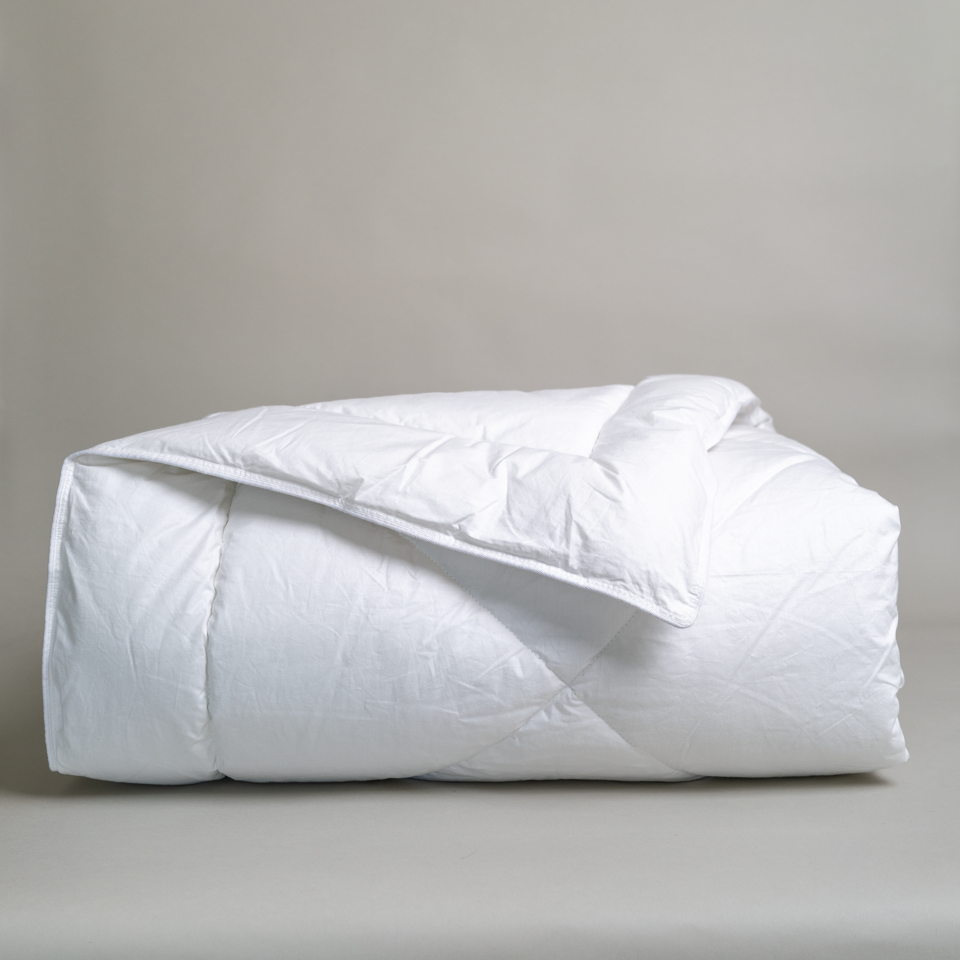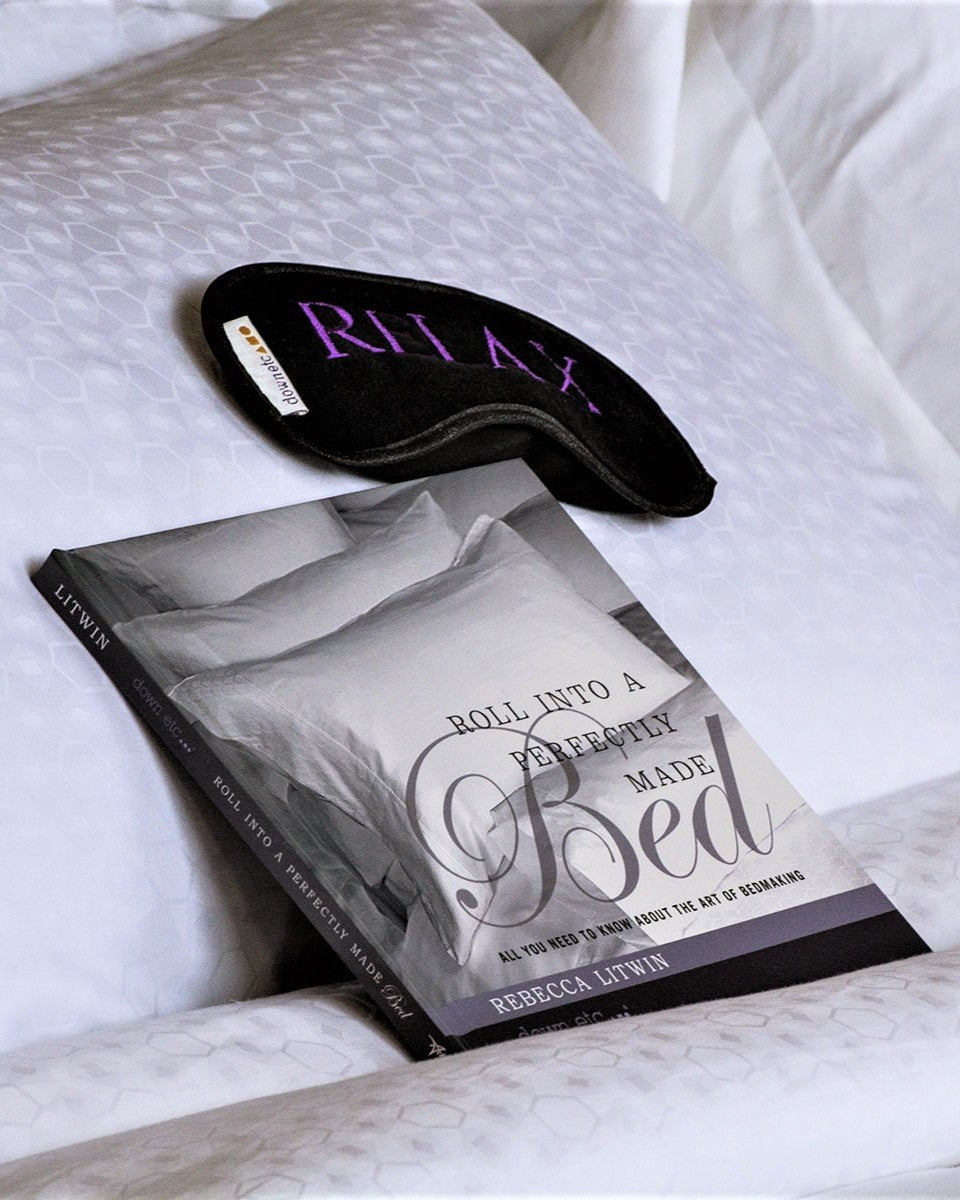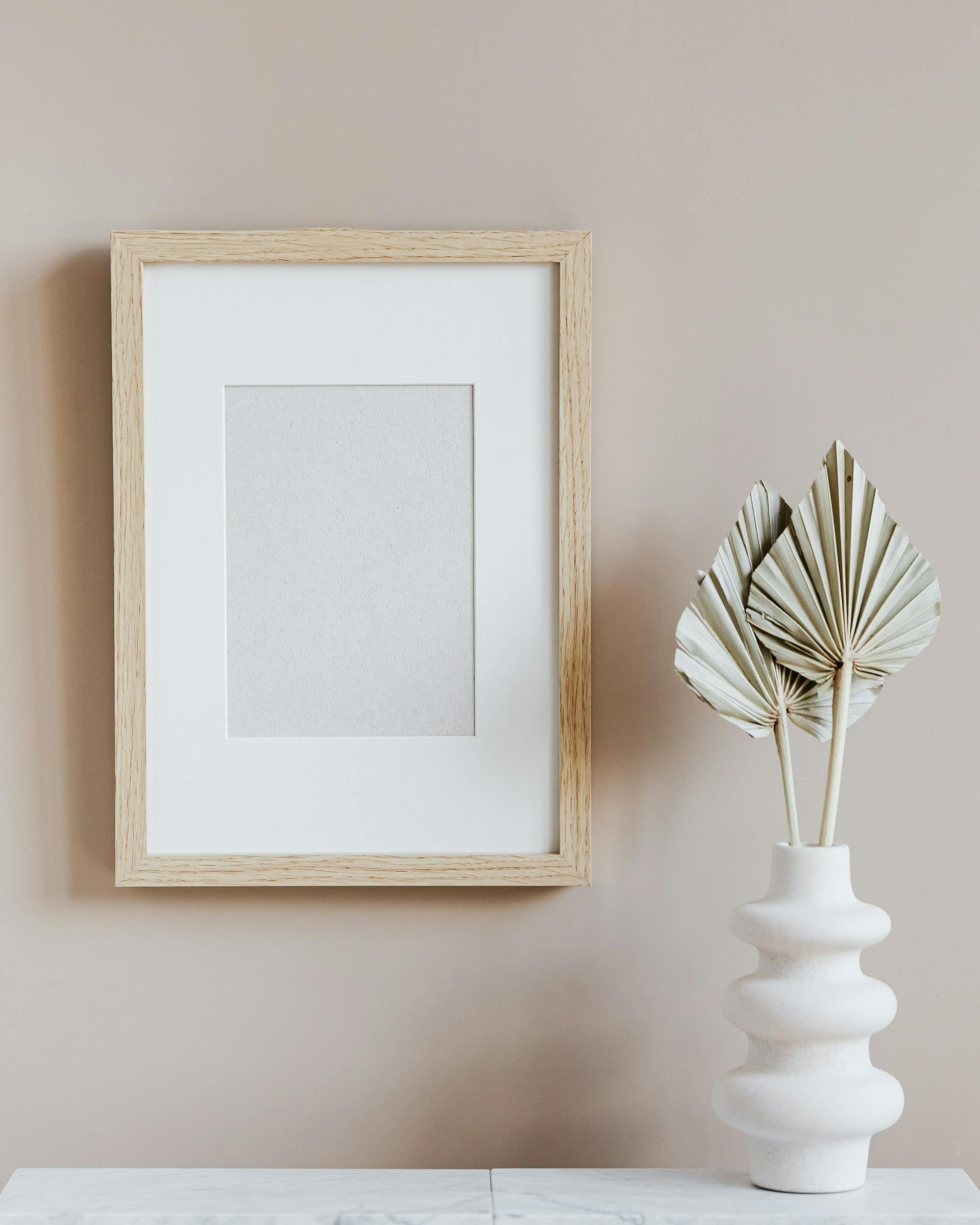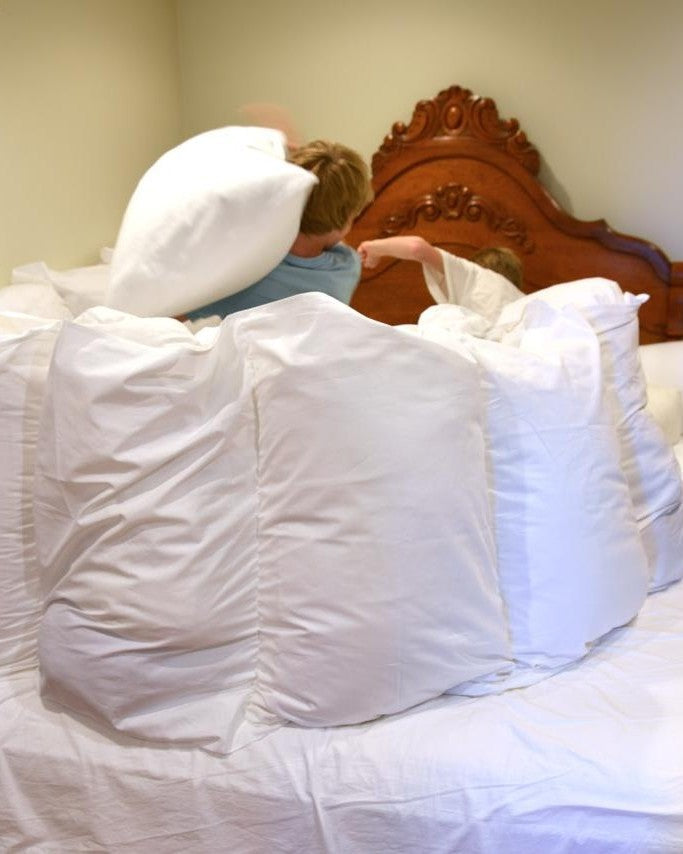Reading bedtime stories is not just a convenient way to get children to fall asleep; it can help you to fall asleep, too. Including a bit of reading in your bedtime routine “can help you fall asleep faster, reduce stress, improve memory, and more,” according to Verywell Health. Like the other rituals you complete during the 60-90 minutes before you lie down, reading can help to calm your mind and body, signaling it's time to sleep.
Reading to Fall and Stay Asleep
Here are some recommendations for maximizing the benefits of reading before bed.
1. Why Should I Read Before Bed?
Reading at bedtime can relax you by decreasing your cognitive arousal allowing your brain to wind down. The Reading Trial, an online randomized trial into whether reading a book in bed makes a difference to sleep, used social media campaigns to invite participants “to either read a book in bed before going to sleep (intervention group) or not read a book in bed before going to sleep (control group).” After seven days, participants reported on their sleep quality. In the reading group, 42% of participants felt their sleep quality improved. They “found that reading in bed before sleep not only potentially improves overall sleep quality but also people in the reading group experienced fewer problems staying asleep.”
2. What Should I Read Before Bed?
If your goal is to calm down and fall asleep, you might not want to choose the gripping page-turner that will keep you up all night, work-related reading that will trigger overthinking, or social media scrolling. Consider a favorite you’ve read and loved that will not leave you lost if you nod off mid-sentence. Another option is something that can be read in pieces like short stories, essays, or anything by David Sedaris.
3. Where Should I Read Before Bed?
Your bed should be reserved for sleep so that your brain associates it with going to sleep. Sex and reading are exceptions. However, some experts, including sleep disorders medicine Dr. Lawrence Kline recommend reading outside the bedroom in a comfortable location with soft lamplight and getting in bed when you feel ready to sleep. Choose what works for you.
4. How Long Should I Read Before Bed?
Reading for even a short time can improve your sleep. You’ll want to read until you’re relaxed and ready to turn off the light, put down the book, and fall asleep. Don’t read so long that it cuts into your sleep time.
5. Can I Read on an Electronic Device?
Exposure to light suppresses the release of melatonin, a hormone that influences our circadian rhythm, our body’s internal clock, by making us feel drowsy. That might be effective early in the day, but it can negatively affect our sleep at night. Exposure to the blue light often emitted by electronic devices at night suppresses the secretion of melatonin more powerfully than other light, according to an article published by Harvard Health Publishing. The article recommends you “[a]void looking at bright screens beginning two to three hours before bed.”
6. Will Listening to Audiobooks Help Me Fall Asleep?
Listening to audiobooks, like listening to books being read by someone putting you to bed in childhood, can be a relaxing part of your bedtime routine. You won’t need to worry about turning off the light before you fall asleep.
Read before bed for better sleep.
-Team at down etc
Read more:
Bedtime Rituals for Better Sleep
About down etc
For over twenty years, down etc has worked with hoteliers and professional housekeepers in hotels around the world to provide pillows and bedding that will offer hotel guests memorably great sleep. Through our retail website, we seek to provide products that will result in the same quality sleep for our customers at home. We believe in the restorative power of a great night’s sleep, whether at home or away.
DISCLAIMER: You should not rely on any of the foregoing as a substitute for, nor does it replace, professional medical or health and wellness advice, diagnosis, or treatment by a healthcare professional. If you have specific concerns or a situation in which you require professional or medical advice, you should consult with an appropriately trained and qualified specialist, such as a licensed physician, psychologist, or other health professional. Never disregard the medical advice of a physician, psychologist, or other health professional, or delay in seeking such advice, because of the information or content offered or provided on the Site. The use of the Site and all information and content contained thereon is solely at your own risk.
Cover image: cottonbro studio by pexels






